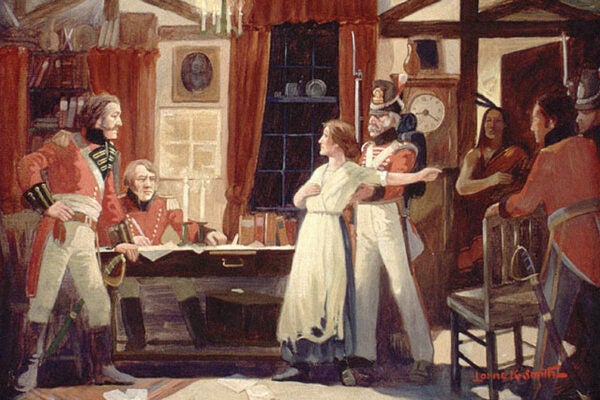With the 2016 Presidential election approaching, we can all be sure we’ll be hearing about the American Dream a lot in the coming months. Where did the concept come from?
There was, in fact, a founding father of the American Dream. He was James Truslow Adams and he coined the phrase in his 1931 bestseller The Epic of America. Adams, who was no relation to the Presidential Adamses, had actually wanted to name the book after his central thesis, but his publisher thought that a book called The American Dream wouldn’t sell well during the Great Depression.
Adams’s definition: “a dream of a social order in which each man and each woman shall be able to attain to the fullest stature of which they are innately capable, and be recognized by others for what they are, regardless of the fortuitous circumstances of birth or position.”
He put it more succinctly elsewhere in the book: a “dream of a better, richer and happier life for all our citizens of every rank.” This contemporary review of Epic notes that Adams alluded to the idea in fifty or more passages in the book. The unnamed reviewer thought Adams believed the dream to be “our greatest contribution to the thought of the world.”
Adams himself was born fortuitously into a wealthy Brooklyn family and became a successful investment banker before transforming himself into a best-selling, Pulitzer Prize-winning historian. This short essay on Chief Justice John Marshall published in The American Scholar shows he didn’t talk down to a popular audience. The piece is dense and closely-argued, and goes to the heart of the question about just what kind of democracy we have, and might have in the future—his notion that the nation-state was on the way out may have been premature.
Calling something a dream is a tricky proposition, since matching “a better, richer and happier life for all” to today’s economic disparities, limited social mobility, and the overweening power of money in politics makes it sound like a far-fetched fantasy indeed.
Adams himself was clear-eyed: he wrote the American Dream “has been realized more fully in actual life here than anywhere else, though very imperfectly even among ourselves.”







